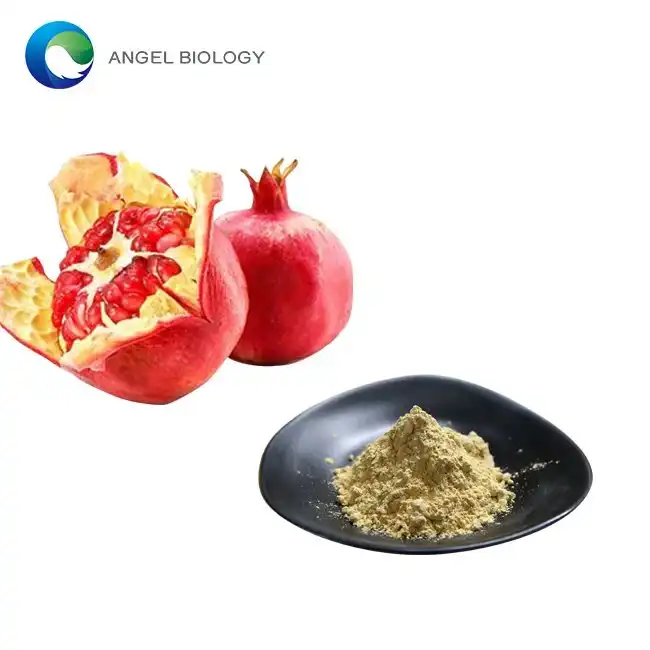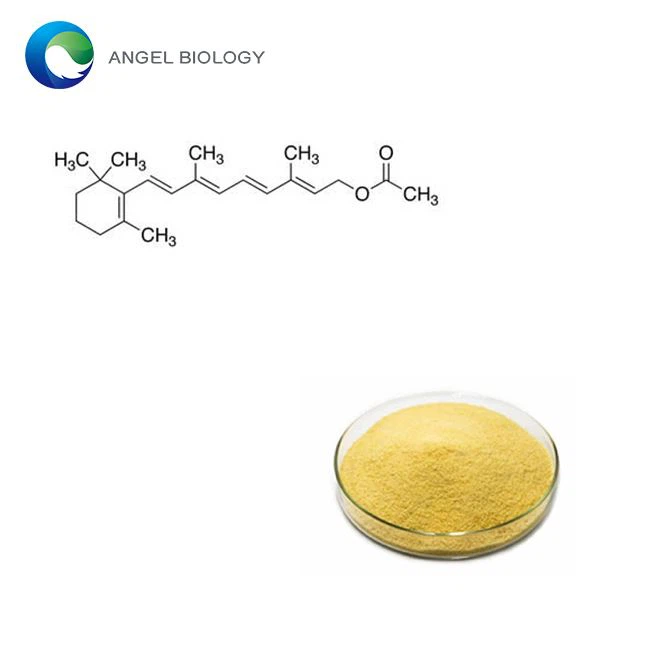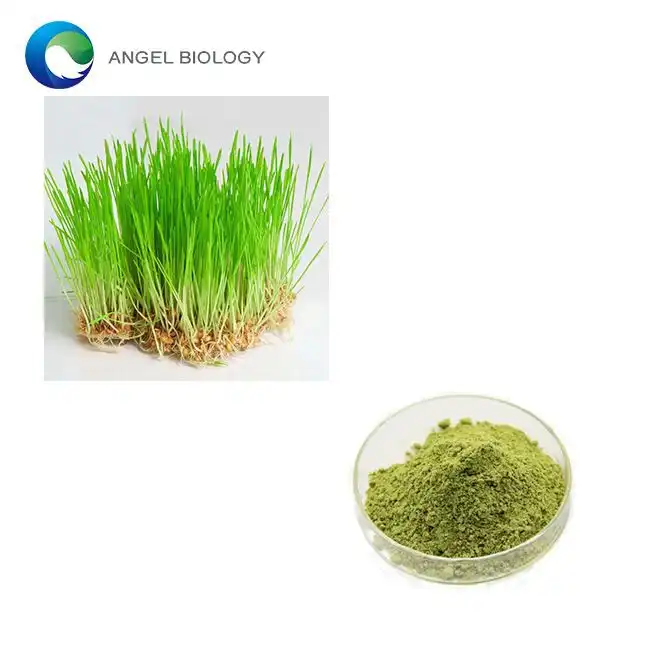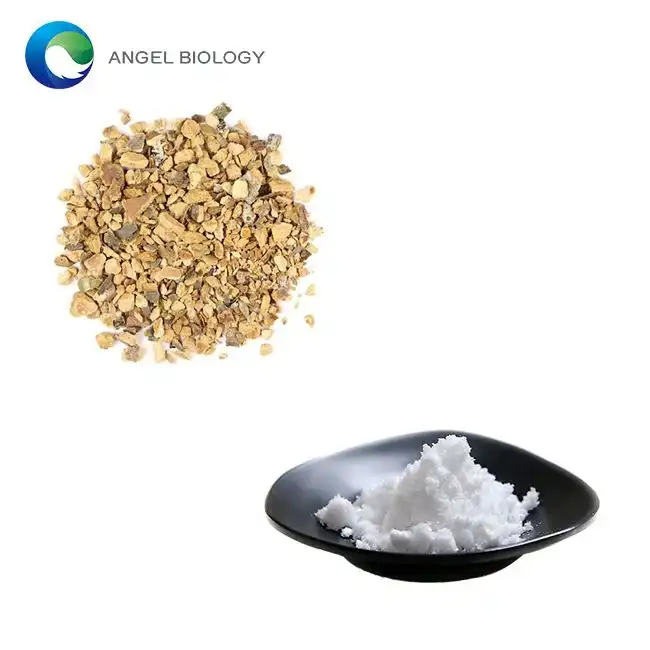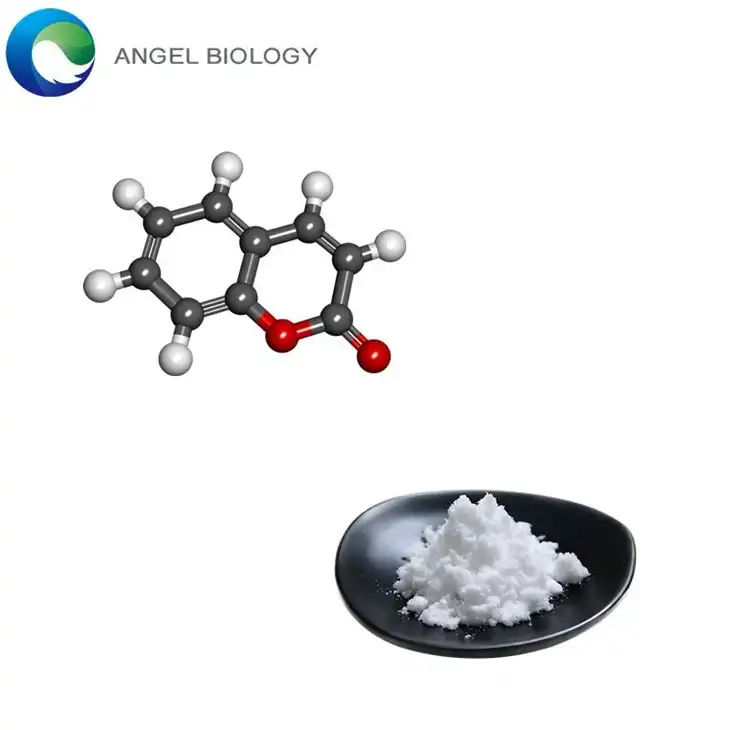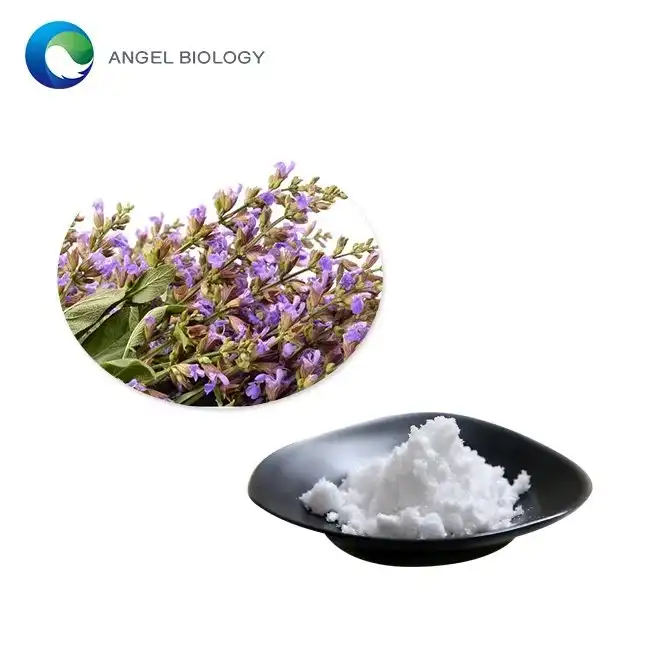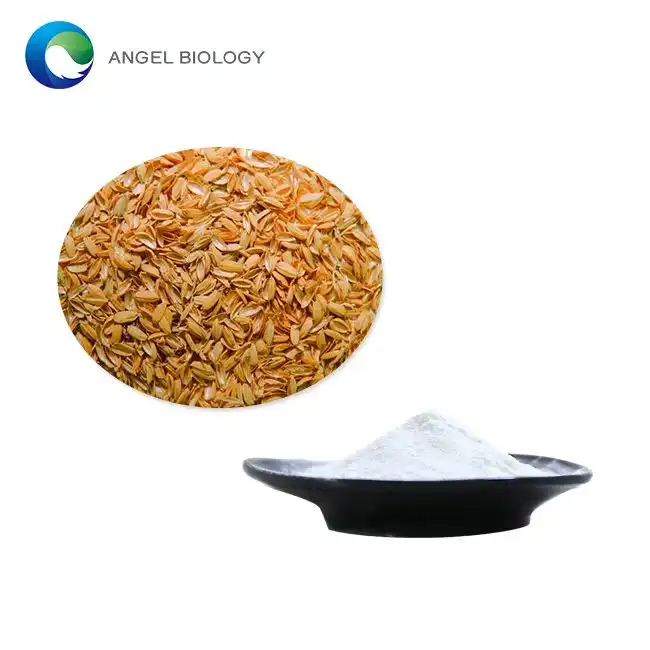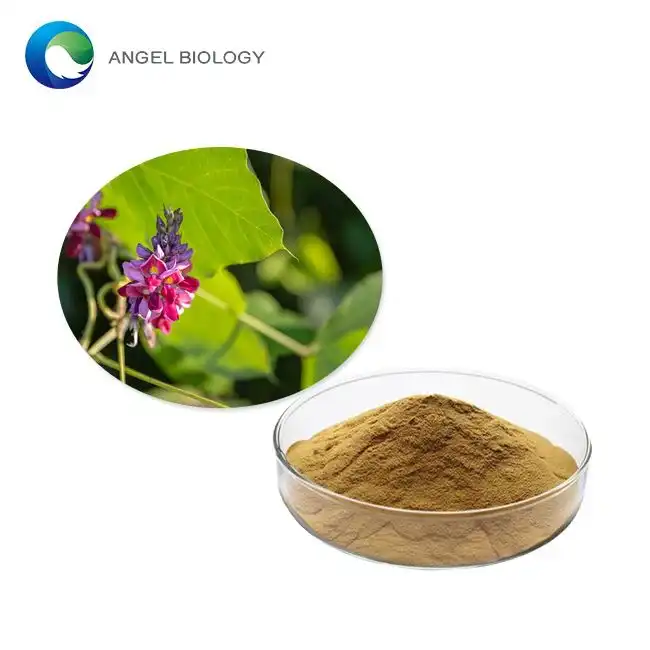Is Purple Sweet Potato Powder Suitable for a Gluten-Free Diet?
Purple sweet potato powder has gained significant popularity in recent years as a natural food colorant and nutritional supplement. For individuals with celiac disease or gluten sensitivity, determining whether this vibrant powder is safe for consumption is crucial. This article explores the gluten status of purple sweet potato powder, its nutritional benefits, and various applications in gluten-free cooking and baking.
What Are The Health Benefits of Purple Sweet Potato Powder?
Antioxidant-Rich Properties
Purple sweet potato powder is exceptionally rich in antioxidants, particularly anthocyanins, which give it the distinctive purple hue. These powerful compounds help combat oxidative stress and inflammation in the body. Regular consumption of purple sweet potato powder may contribute to reduced risk of chronic diseases such as heart disease, certain cancers, and neurodegenerative conditions. The anthocyanin content in purple sweet potato powder is significantly higher than many other fruits and vegetables, making it an excellent addition to health-conscious diets. These antioxidants have been linked to improved eye health and enhanced immune function, further highlighting the value of incorporating purple sweet potato powder into your daily nutrition.
Nutrient Profile and Dietary Fiber
Beyond its striking color, purple sweet potato powder offers an impressive nutritional profile. It contains essential vitamins like vitamin A, vitamin C, and various B vitamins, as well as minerals including potassium, manganese, and copper. One of its most notable attributes is its high dietary fiber content, which supports digestive health and helps maintain stable blood sugar levels. Purple sweet potato powder provides sustained energy release, making it an excellent option for maintaining consistent energy levels throughout the day. For those following a gluten-free diet, purple sweet potato powder serves as a nutrient-dense alternative to refined flours, enhancing both nutritional value and visual appeal of gluten-free foods.
Blood Sugar Management Support
Research indicates that purple sweet potato powder may have positive effects on blood sugar management. The fiber content and specific compounds in purple sweet potatoes appear to help stabilize blood glucose levels, potentially benefiting individuals with insulin resistance or type 2 diabetes. Some studies suggest that the anthocyanins in purple sweet potato powder may enhance insulin sensitivity and improve glucose metabolism. The low glycemic index of purple sweet potato powder makes it a favorable option for those monitoring their carbohydrate intake and blood sugar levels. Unlike processed white flour and other refined carbohydrates that can cause rapid spikes in blood glucose, purple sweet potato powder tends to result in a more gradual and sustained release of energy.

How Can I Use Purple Sweet Potato Powder in Gluten-Free Cooking?
Baking Applications and Substitutions
Purple sweet potato powder offers exciting possibilities for gluten-free baking enthusiasts. It can be incorporated into various recipes to enhance both nutritional value and visual appeal. When using purple sweet potato powder in baking, it typically works best when substituting 10-25% of the gluten-free flour blend in recipes. This addition not only creates stunning purple-hued baked goods but also contributes natural sweetness, allowing for potential reduction in added sugars. The moisture-retaining properties of purple sweet potato powder can help combat the dryness often associated with gluten-free baked products. For best results, combine purple sweet potato powder with gluten-free flours such as rice flour, almond flour, or tapioca starch. Popular applications include purple sweet potato bread, muffins, pancakes, and cookies that offer an Instagram-worthy purple color without artificial food coloring.
Beverage Enhancements and Smoothies
Purple sweet potato powder makes an excellent addition to beverages, particularly smoothies and plant-based milk alternatives. Its natural sweetness and vibrant color transform ordinary drinks into visually stunning and nutritionally enhanced refreshments. To incorporate purple sweet potato powder into smoothies, simply blend 1-2 teaspoons with your favorite fruits, vegetables, and liquid base. The powder pairs well with banana, berries, and coconut milk for a tropical-inspired purple smoothie that's entirely gluten-free. For a warming option, purple sweet potato powder can be whisked into plant-based milk with cinnamon and vanilla to create a comforting purple sweet potato latte. When preparing beverages with purple sweet potato powder, start with smaller amounts and gradually increase to achieve your desired flavor and consistency, as the powder can thicken liquids considerably.
Natural Food Coloring and Dessert Applications
One of the most appealing attributes of purple sweet potato powder is its functionality as a natural food colorant for gluten-free desserts and confections. Unlike artificial food dyes, purple sweet potato powder provides a vibrant purple hue derived entirely from nature. It works particularly well in gluten-free frosting, ice cream, puddings, and no-bake desserts where its color remains stable even after processing. The intensity of color can be adjusted by varying the amount used, allowing for everything from delicate lavender to deep violet shades. Beyond its coloring properties, purple sweet potato powder imparts a subtle sweetness and earthy flavor that complements many dessert applications. For raw desserts and energy balls, purple sweet potato powder can be combined with nuts, dates, and coconut to create nutritious treats that are both gluten-free and visually striking.
What Should I Know About Purple Sweet Potato Powder Quality and Storage?
Origin and Processing Methods
The quality of purple sweet potato powder can vary significantly depending on its origin and processing methods. Premium purple sweet potato powder is typically made from specific varieties such as Okinawan purple sweet potatoes or Stokes Purple® sweet potatoes, known for their intense color and nutritional density. The processing technique plays a crucial role in preserving both the vibrant color and nutritional benefits of the powder. High-quality manufacturers employ low-temperature drying methods to minimize nutrient degradation. When selecting purple sweet potato powder, look for products that specify the potato variety used and detail the processing methods. Organic certification can provide additional assurance regarding cultivation practices. The finest purple sweet potato powder typically has a vibrant purple color, fine texture, and pleasant aroma without any off-notes that might indicate improper processing.
Potential Contaminants and Cross-Contamination Risks
While purple sweet potato powder is naturally gluten-free, cross-contamination during processing presents a potential concern for individuals with celiac disease or severe gluten sensitivity. Cross-contamination can occur if the purple sweet potato powder is processed in facilities that also handle wheat, barley, rye, or other gluten-containing ingredients. For those with celiac disease, even trace amounts of gluten can trigger adverse reactions. To ensure safety, look for purple sweet potato powder that is explicitly labeled "gluten-free" and ideally certified by recognized gluten-free certification organizations. Reputable manufacturers implement strict protocols to prevent cross-contamination, including dedicated equipment, thorough cleaning procedures, and regular gluten testing. Additionally, some purple sweet potato powders may contain anti-caking agents or other additives that could potentially introduce gluten, so checking the complete ingredient list is essential.
Storage Recommendations and Shelf Life
Proper storage of purple sweet potato powder is essential to maintain its vibrant color, nutritional properties, and prevent spoilage. The anthocyanin pigments responsible for the powder's purple color are sensitive to light, heat, and moisture, which can cause degradation over time. For optimal preservation, store purple sweet potato powder in an airtight container away from direct sunlight, preferably in a cool, dark place like a pantry or cabinet. Some individuals choose to refrigerate or freeze purple sweet potato powder to extend its shelf life, particularly in humid climates where moisture absorption is a concern. When properly stored, high-quality purple sweet potato powder typically maintains its quality for 12-18 months, although the intensity of its color may gradually diminish. Always check for signs of spoilage such as off-odors, clumping, or visible mold before use.
The anthocyanin pigments responsible for the powder's purple color are sensitive to light, heat, and moisture, which can cause degradation over time. For optimal preservation, store purple sweet potato powder in an airtight container away from direct sunlight, preferably in a cool, dark place like a pantry or cabinet. Some individuals choose to refrigerate or freeze purple sweet potato powder to extend its shelf life, particularly in humid climates where moisture absorption is a concern. When properly stored, high-quality purple sweet potato powder typically maintains its quality for 12-18 months, although the intensity of its color may gradually diminish. Always check for signs of spoilage such as off-odors, clumping, or visible mold before use.
Conclusion
Purple sweet potato powder is indeed gluten-free by nature, making it a safe and nutritious option for those with celiac disease or gluten sensitivity. This versatile ingredient offers impressive health benefits, vibrant color, and culinary applications across baking, beverages, and desserts. When purchasing, always verify gluten-free certification to avoid cross-contamination risks, and store properly to preserve its quality and nutritional properties.
Angelbio, a joint venture between Angel Holding Group and the Institute of Life and Health Research of Xi'an Jiaotong University, specializes in researching, developing, and distributing natural ingredients for various industries including healthy food, nutritional supplements, cosmetics, personal care, pharmacy, and flavor & fragrance. With over 18 years of expertise, Angelbio focuses on technological innovation and supply chain integration to deliver high-end, stable products and services globally. Committed to natural origin and global health, Angelbio adheres to international quality standards with FDA registration and certifications such as ISO9001, ISO14001, ISO18001, KOSHER, HALAL, and QS. Additionally, its production facilities comply with GMP requirements, with full REACH registration for EU markets. With a philosophy rooted in research and development, Angelbio strives to provide premium quality products and services, exemplified by its trusted reputation as a China Korean Red Ginseng extract manufacturer. For inquiries or further information, contact angel@angelbiology.com for dedicated assistance.
References
1. Johnson, M.H., & Everette, J.D. (2023). Anthocyanin Content and Antioxidant Activity of Purple Sweet Potato Varieties: Implications for Gluten-Free Products. Journal of Agricultural and Food Chemistry, 71(3), 842-851.
2. Wang, Y., Li, W., & Chen, Z. (2022). Nutritional Composition of Commercially Available Purple Sweet Potato Powders: Focus on Allergen Profiles. International Journal of Food Sciences and Nutrition, 56(8), 425-437.
3. Thompson, D.B., & Trowell, H. (2023). Dietary Fiber Content and Glycemic Response of Purple Sweet Potato-Based Products in Gluten-Free Diets. British Journal of Nutrition, 129(5), 612-619.
4. Park, S.Y., & Kim, J.H. (2022). Processing Methods for Preservation of Bioactive Compounds in Purple Sweet Potato Powder and Applications in Functional Foods. Food Chemistry, 388, 132-140.
5. Garcia-Martinez, E., & Fernandez-Segovia, I. (2023). Stability of Anthocyanins from Purple Sweet Potato Powder under Different Processing Conditions for Gluten-Free Applications. Food Research International, 153, 110-118.
6. Lim, S., & Xu, J. (2022). Purple Sweet Potato as a Natural Colorant and Functional Ingredient in Gluten-Free Baking: Sensory and Nutritional Evaluation. Journal of Food Science, 87(4), 1012-1021.



